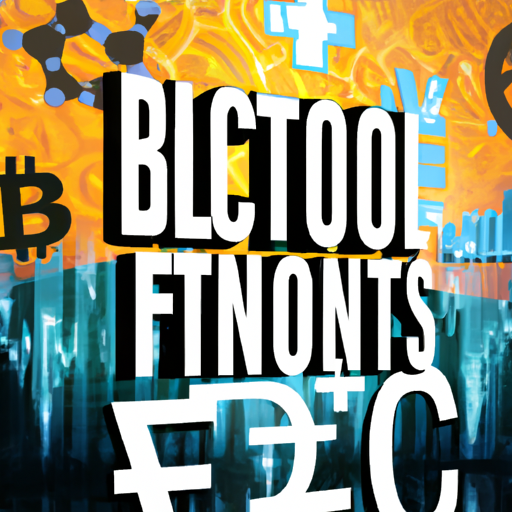Bitcoin ETFs Signal a New Era in Politics
The Surge of Mainstream Adoption
In a significant development for the cryptocurrency market, Bitcoin Exchange-Traded Funds (ETFs) have received approval, marking a momentous leap towards widespread acceptance and normalization of digital assets. These regulated investment vehicles bridge the gap between traditional finance and the growing world of digital assets, making Bitcoin more accessible to a broader range of investors, including institutions.
Institutional investors entering the Bitcoin ETF space bring legitimacy and stability to the cryptocurrency market. Their involvement reflects a broader acceptance of Bitcoin and digital assets as legitimate investment options, requiring clear positions from political candidates.
Digital Asset Policy and Regulation at the Forefront of the 2024 Elections
The integration of Bitcoin into mainstream finance presents a host of regulatory challenges. Candidates in the 2024 elections will need to address complex issues such as consumer protection, market stability, anti-money laundering policies, and cross-border transactions. Additionally, they will have to consider international cooperation on regulatory standards and the competition to attract digital asset businesses.
Regulatory clarity and robust policy frameworks for digital assets will become key talking points during the election campaigns.
Shifting Voter Sentiments and Demographics
As Bitcoin becomes a mainstream financial instrument, its influence extends beyond investment portfolios to shape voter sentiment. The growing class of digital asset investors, ranging from millennials to institutions, represents a significant and influential demographic. Their concerns and interests in digital currency policies will shape the political landscape in 2024, forcing candidates to engage with a broader range of economic issues.
Understanding and addressing the nuances of digital finance is essential for political figures to resonate with this pivotal demographic. Digital assets now represent a crucial component of economic discussions that can sway voter opinions.
The Role of Educational Outreach and Advocacy
Educational outreach and advocacy are crucial as Bitcoin ETFs permeate the mainstream. Organizations and advocates within the digital asset space must help demystify digital assets and blockchain technology for the wider public and policymakers. Informed public opinion will play a significant role in shaping electoral choices.
A New Era of Politics
The approval of Bitcoin ETFs marks not just a milestone for the cryptocurrency market but also a turning point in political discourse. Mainstream adoption of Bitcoin and other digital currencies will necessitate a reevaluation of economic policies, regulatory frameworks, and financial systems.
Candidates in the 2024 elections must navigate this new landscape, addressing the complexities of digital assets while engaging with an increasingly informed voter base. The intersection of Bitcoin, digital assets, blockchain, and politics signifies a fundamental shift in economic and political life.
This is a guest post by Mark Shut. Opinions expressed are entirely his own and do not necessarily reflect those of BTC Inc or Bitcoin Magazine.
Hot take: The approval of Bitcoin ETFs is a game-changer for the cryptocurrency market and signals that Bitcoin is here to stay. With institutional investors entering the space, Bitcoin is gaining legitimacy and stability. The 2024 elections will see Bitcoin and digital assets emerge as significant policy issues, with political candidates needing to develop clear positions on regulations and policies. The growing investor base and shifting voter sentiments will push candidates to engage with digital finance in a more nuanced manner. Educational outreach and advocacy will play a crucial role in shaping public opinion, and the intersection of Bitcoin, digital assets, and politics represents a new era of economic and political discussions.
